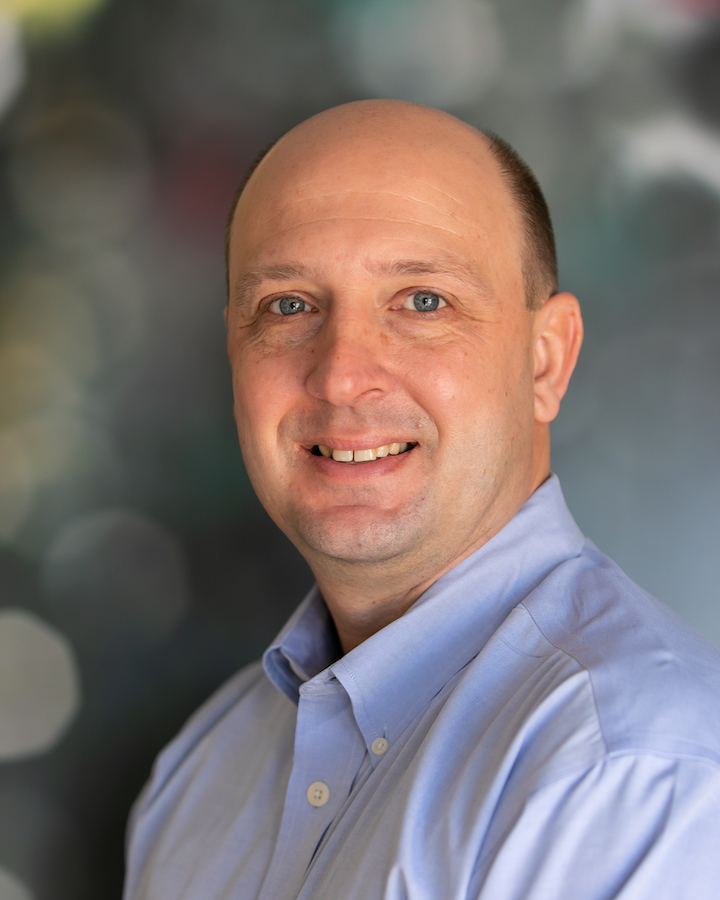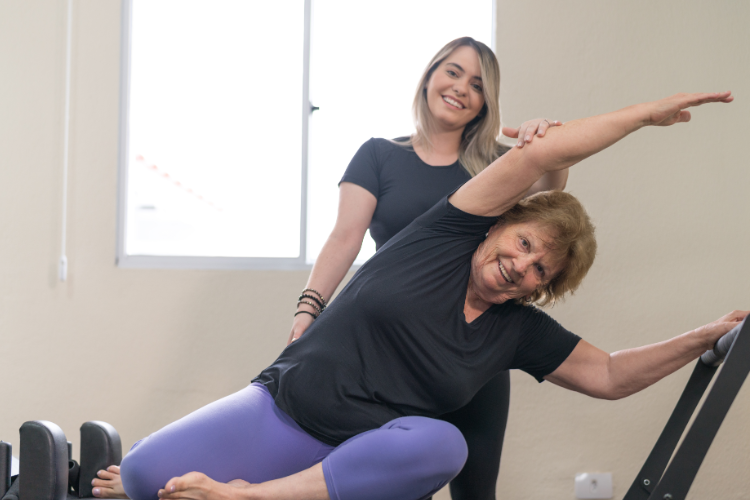A concussion isn’t just a bump on the head—it can disrupt your world in ways that few injuries do. You might look fine on the outside but feel completely off on the inside. For many, it’s a confusing, invisible recovery filled with uncertainty.
That’s where physical therapy steps in—not just to treat symptoms, but to guide you through the fog and back to yourself. Our clinics across Clarke, Oconee, Madison, and Morgan Counties have helped patients regain balance, focus, and confidence through strategic, evidence-backed concussion rehab.
>>>Contact us to start building a recovery plan tailored to your unique symptoms and goals.
Concussion Recovery Isn’t Just About Rest
The outdated advice to “just rest” after a concussion can leave patients feeling stuck and frustrated. Yes, the brain needs time to heal—but it also needs stimulation and retraining, especially when symptoms linger past the initial recovery phase.
Many of the lingering effects—like dizziness, headaches, difficulty focusing, or sensitivity to light and motion—come from the disruption of systems we often take for granted. The vestibular system (which controls balance and spatial awareness), the cervical spine (your neck), and the autonomic nervous system (which regulates heart rate and exertion) are all often affected in ways that don’t just go away on their own.
We work with patients across all our clinic locations, including our East Athens location, to restore those systems through carefully structured movement and rehabilitation techniques.
Where Physical Therapy Fits Into the Picture
The sooner we can evaluate your condition, the sooner we can identify where your body needs support. Some patients have unresolved neck trauma. Others show signs of poor eye tracking or inner ear dysfunction. In many cases, patients are surprised by what we find—because their symptoms don’t always match what they expect from a head injury.
Rather than treating the brain in isolation, we treat how the brain interacts with the rest of the body. That includes reintroducing physical activity gradually through cardiovascular training, re-educating movement patterns, and helping you tolerate daily life again—without the flare-ups.
We use specialized technology like the NEUBIE device and HRV therapy to track progress and adapt care based on how your nervous system responds—not just how you feel in the moment.
Common Symptoms That Signal It’s Time for Therapy
Many patients don’t realize they could benefit from physical therapy after a concussion. If symptoms persist beyond 10–14 days, your body may need more structured support. Here are some signs therapy might be right for you:
- Headaches that return with screen use or physical activity
- Dizziness, especially when turning your head or changing positions
- Trouble concentrating, reading, or remembering simple things
- Fatigue that feels disproportionate to your daily activity
- Neck tightness or stiffness that doesn’t go away with rest
Patients in our Madison clinic often arrive after weeks of “waiting it out” without improvement—and wish they’d come in sooner once they feel relief.
What Concussion Rehab Looks Like in Our Clinics
There’s no universal script for concussion recovery. That’s why every patient we see begins with a comprehensive, one-on-one evaluation. We assess your symptoms, your movement patterns, your response to light and motion, and your tolerance for physical exertion.
Treatment evolves from there—starting with simple movements and progressing to more complex activities as your brain and body relearn how to work together.
We use balance training, vestibular therapy, cervical spine mobility work, and cardiovascular reconditioning. In many cases, especially with athletes, we also incorporate reaction time drills and sport-specific movements before clearing them for return to play.
At our Watkinsville and Oconee County location, we’ve helped student-athletes return to the field with improved confidence and fewer setbacks, thanks to individualized plans that go far beyond standard rest-and-wait strategies.
It’s Not Just Physical—It’s Emotional, Too
Recovery from a concussion isn’t just about fixing physical symptoms. Many patients struggle with fear, frustration, or feeling “off” in ways they can’t explain. We see it in students who can’t focus in class, parents who feel mentally foggy at work, and teens who’ve been pulled from sports and social life.
That emotional toll is real. And part of our job is to help you regain control—not just over your body, but your life. Whether it’s pacing activity, setting goals, or simply knowing someone understands what you’re feeling, our team is here for that, too.
What Makes Our Approach Unique
While many clinics use the same tools, it’s how we put them together that makes the difference. Here’s what sets us apart:
- We design care around your specific symptoms and goals—not a generic protocol
- We combine neurologic, vestibular, and orthopedic training in one place
- We use advanced technology like NEUBIE and HRV tracking to guide decisions
- We serve our community through four convenient locations and flexible scheduling
We’ve treated everything from sports-related concussions in Clarke County to accident-related brain injuries in Morgan County. Every case is different—but our commitment to helping you recover fully never changes.
Ready to Feel Like Yourself Again?
Living with post-concussion symptoms doesn’t have to be your new normal. Whether you were recently injured or have been waiting for things to get better on their own, our team is here to help you move forward with clarity, support, and a custom plan that actually works.
Schedule your evaluation now or contact us to speak with a therapist. Let’s figure this out—together.

Licensed Physical Therapist, MDT certified, and the CEO of East Athens Physical Therapy, serving communities across Clarke, Oconee, Madison, and Morgan counties. With over two decades of experience and certification in the McKenzie Method, Jim Mike combines hands-on care with cutting-edge technology to help patients recover faster and stay active.


